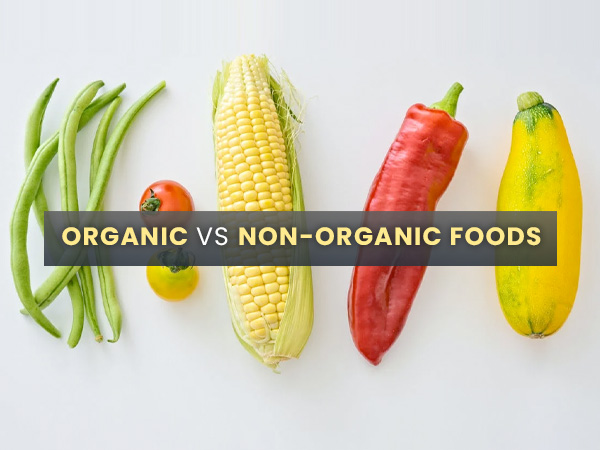Exploring the Link Between Mushrooms and High Blood Pressure: What You Need to Know
High blood pressure, also known as hypertension, is a prevalent health concern that affects millions of people around the world. As individuals become more health-conscious, questions arise about the impact of different foods on blood pressure levels. One such query is whether mushrooms, a popular and nutritious ingredient, are bad for high blood pressure. In this blog post, we’ll delve into the relationship between mushrooms and high blood pressure to provide you with a clearer understanding of their effects on your health.
The Nutritional Value of Mushrooms:
Mushrooms are a unique food source that offers an array of essential nutrients, including vitamins (such as B vitamins and vitamin D), minerals (such as potassium and selenium), and dietary fiber. They are also low in calories and fat while being rich in antioxidants, which contribute to their potential health benefits.
Potassium Content in Mushrooms:
Potassium is a mineral that plays a vital role in regulating blood pressure. It helps balance the sodium levels in the body and contributes to the relaxation of blood vessels, thereby potentially lowering blood pressure. Mushrooms, particularly white button mushrooms, are considered a good source of potassium.
Sodium Considerations:
Sodium is a mineral that, in excessive amounts, can contribute to high blood pressure. The sodium content in mushrooms is generally low, making them a favorable choice for those aiming to manage their blood pressure. However, it’s important to note that the way mushrooms are prepared or cooked can impact their sodium content. Adding excessive salt during cooking could counteract their potential benefits.
Fiber and Blood Pressure:
Dietary fiber is known to play a role in heart health, including blood pressure regulation. Fiber-rich foods can help lower blood pressure by promoting healthy digestion and potentially reducing inflammation. Mushrooms contain dietary fiber, which contributes to their overall health profile.
Mushrooms and Nitric Oxide:
Some research suggests that certain compounds found in mushrooms, such as L-ergothioneine, may stimulate the production of nitric oxide. Nitric oxide helps relax blood vessels, leading to improved blood flow and potentially supporting healthy blood pressure levels.
Incorporating Mushrooms into a Balanced Diet:
As part of a balanced diet, mushrooms can be a valuable addition for individuals concerned about high blood pressure. Consuming a variety of mushrooms in different preparations can provide a range of nutrients while contributing to your overall dietary goals.
Consulting a Healthcare Professional:
While mushrooms offer potential health benefits, it’s important to remember that individual responses to dietary components can vary. If you have high blood pressure or other health concerns, it’s advisable to consult a healthcare professional or registered dietitian before making significant dietary changes.
Mushrooms, with their nutritional richness, potential potassium content, and other health-promoting compounds, can be a valuable part of a diet aimed at managing high blood pressure. When included as part of a balanced and mindful eating plan, mushrooms can contribute positively to your overall health and wellness journey.
As with any dietary choices, moderation and individual context are key. Embracing a variety of nutrient-dense foods, along with a healthy lifestyle, remains a pivotal strategy for maintaining optimal blood pressure levels and overall well-being.












